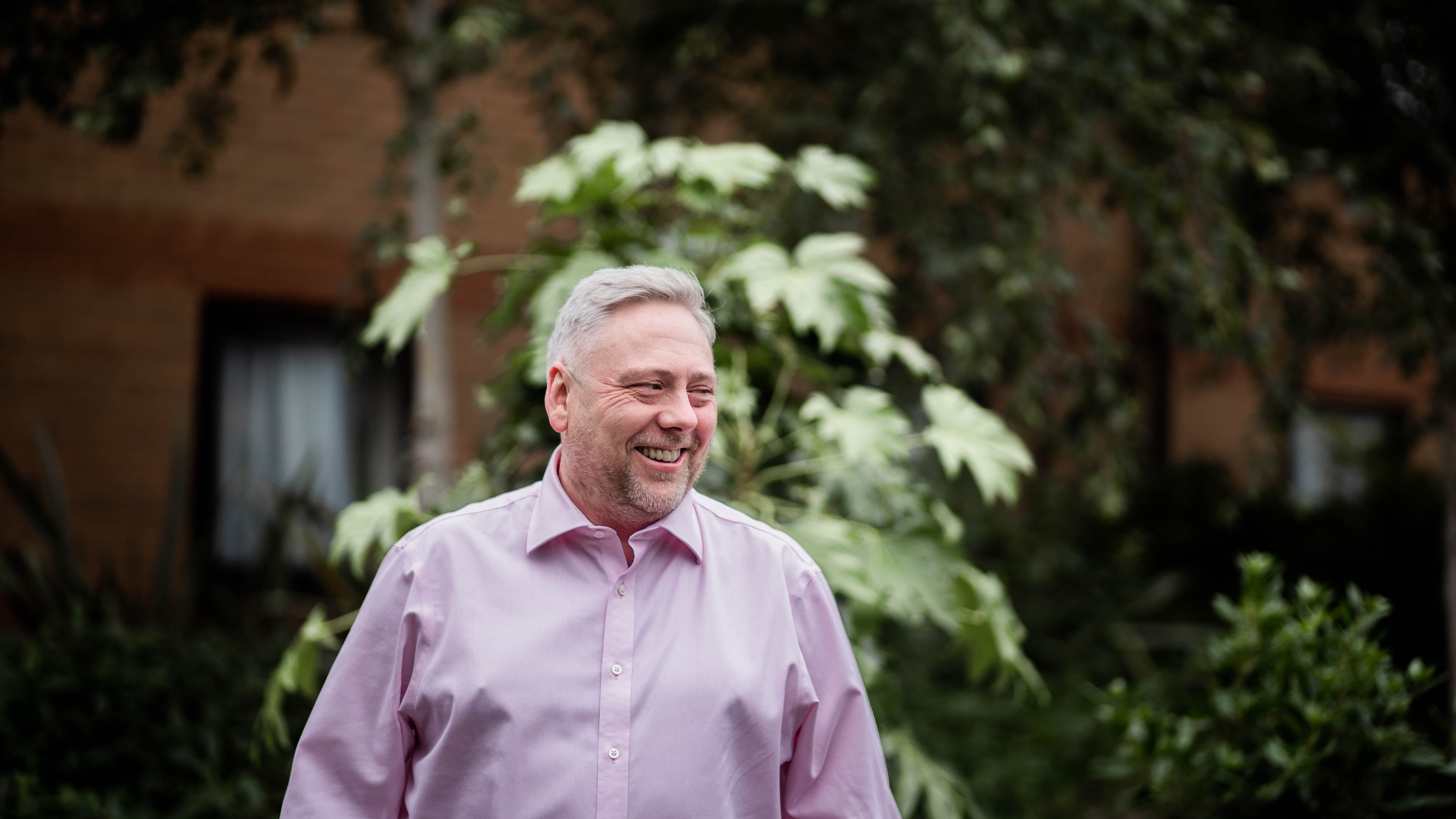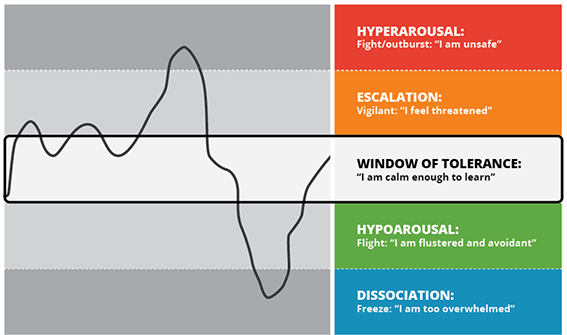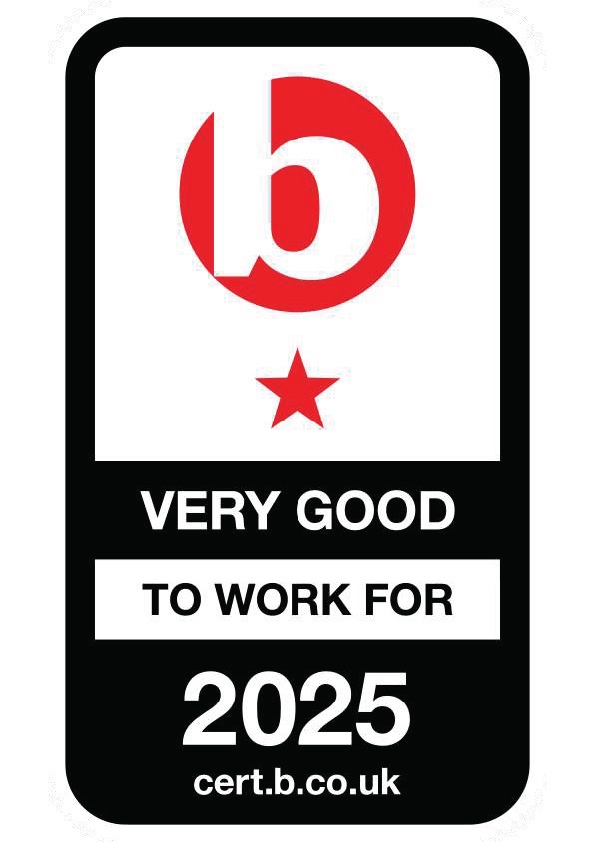
Still Keeping Two Feet On The Floor (With Help...)
7 Oct 2022
In honour of World Mental Health Day we're checking in on our CEO, Spencer a year after his first blog on mental health awareness.
Over recent weeks I have shared some articles and views across LinkedIn but, as we approach World Mental Health Day, I remembered that the first thing I decided to share was my own personal journey with mental health.
The positivity I received was remarkable. The views and likes all made me feel that I had made the right decision to let others know that it’s ok not to be ok. None of us are superhuman. We all have ups and downs, good days and bad and, as I have discovered, sharing how one feels and being transparent means that you get more help. Well, this has certainly been the case for me.
I have taken a moment to look back over this year. Firstly, I’m lucky! I have a role that I enjoy immensely and work with some truly wonderful people, both directly and indirectly. Our work life can so often affect every part of how we feel and I know that my mental health is helped by those around me. The people around me help because they know what to look out for - something I was never very good at sharing before - and I have encouraged people to question me when they see changes in my mood or demeanour that I may not wish to recognise.
I started out by explaining the window of tolerance to everybody and anybody. We can all tolerate so much; good news or bad news; happy feelings or negative feelings. When we have a good day or an absolute shocker, it affects us all differently. Most people - well I believe most people - have a fairly standard window of tolerance. They can cope with the rough and tumble of daily life. They can tolerate the highs and lows and retain a constant equilibrium.
The difference with me - and lots of people like me - is that I have a narrower window. It means I just can’t tolerate the ups and downs quite as well. When I become excitable, it can be exhausting for me and those around me and, when I’m down, I’m difficult to be around. Never mind a glass half-empty outlook; I don’t even have a glass!
What has changed this year is, now, those around me can see when I am moving out of my window and they check in, talk to me, and make sure they are there. There is no magic wand that can change my mood; there is no fix like it’s a broken leg, but I have found that having people around me who understand has been really powerful.
Now, just because those around me can tell when my mood is changing, it is not incumbent on them to try and fix me. They can, however, help me to look after myself and ensure I do the things I preach: Sleep, Hydrate, Exercise and Eat Well (“Eat Well” should actually be “Diet” for the S.H.E.D acronym, but that suggests a weight loss regimen to which I’m not predisposed!).
My change this year has been to ask for help when I feel that my mood is changing. This is easier to do when I am feeling down but I must also recognise that being “giddy” is equally not good for me. In honesty, when I’m full of energy I recognise it this less. That’s where those around me help!

Over this year, I’ve had countless people help me in both big and small ways, and now I recognise that this is how it’s meant to be. I believe that people are good and that they want to help. Very often they just need the chance to do so.
A brilliant example of this relates to one of my oldest friends. He was sceptical about my challenges with anxiety and depression. It wasn’t coming from a bad place, more from a place he didn’t want to believe in. He couldn’t see it (probably because I wouldn’t let him). Then one day he read a book by Matt Haig and, in his words, admitted: “I never got it before“. He read Reasons to Stay Alive. It affected him so much that he bought a copy for me. I am now a fan!
What he took away was so simple yet transformative –
- It can affect anyone: millionaires; people with good hair; happily married people; people who have just landed a promotion; people who can tap dance and do card tricks and strum a guitar; people who have no noticeable pores; people who exude happiness in their status updates – who seem, from the outside, to have no reason to be miserable.
- You can be depressive and be happy, just as you can be a sober alcoholic.
- Listen.
I can’t thank him enough. Not only for the book, but for being there and taking the time to be there - to understand how anxiety and depression affect me.
I don’t talk about my mental health every day or every week. It’s part of who I am, not what I am. It does not define me, make me cool or special. I’m not brave for sharing. I’m no different to millions of others and this is probably one of my biggest realisations: I’m just one of many people who struggle and need a little help.
So, as we approach World Mental Health Day, take a minute to stop. Think about your own wellbeing - are you looking after yourself? Because, if you can say yes, you are probably in a position to help someone else.
It all starts with asking someone “how are you today?” and making sure you have time to hear their answer.







